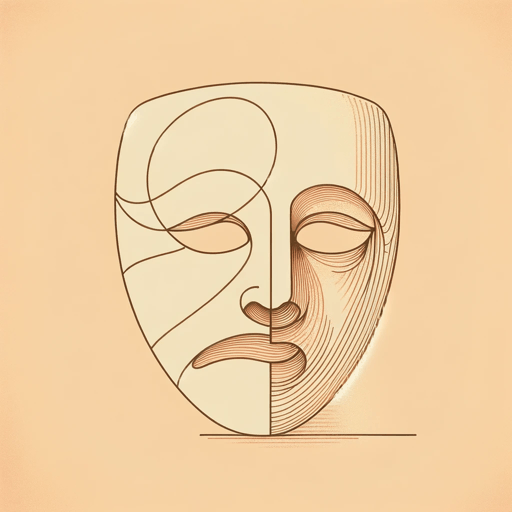56 pages • 1 hour read
AristotleMetaphysics
Nonfiction | Book | Adult | BCEA modern alternative to SparkNotes and CliffsNotes, SuperSummary offers high-quality Study Guides with detailed chapter summaries and analysis of major themes, characters, and more.
Background
Historical Context: The Golden Age of Greek Philosophy
Aristotle’s Metaphysics, a cornerstone composition in Western philosophy, originated in the 4th century BCE, an era frequently acclaimed as the Golden Age of Greek Philosophy. This epoch, notably in Athens, was a hotbed of cerebral pursuit, where thinkers actively immersed themselves in the exploration of extensive domains of erudition, spanning from the cosmos to the quintessence of human existence.
In this epoch, Greece was a patchwork of cities, with Athens ascending as a hub of culture and scholarly prowess. Athenian democracy was later replaced by Macedonian hegemony. These transitions furnished a context for vigorous philosophical contemplation and discourse, as philosophers wrestled with queries about the optimal society, the role of denizens within, and the essence of knowledge and actuality.
Aristotle, born in 384 BCE in Stagira, was swayed by this dynamic scholarly atmosphere. His early years were spent at Plato’s Academy in Athens, the premier institute of advanced learning in the Western hemisphere at the time. The Academy functioned not merely as an educational establishment but as a congregation of philosophers who deliberated and exchanged a variety of philosophical notions. Although he was greatly influenced by his mentor 







Related Titles
By Aristotle






